B.A, B.Com, B.Sc, Costing, IP, Income Tax, Statistics
Graduation (B.A, B.Com, B.Sc)
We provide Coaching classes for :-

- Mathematics
- English
- Economics
- History
- Sociology
- Pol.Science
- Accounts
- Physics
- Costing
- IP
- Income Tax
- Statistics

Maths
Aims of teaching mathematics are to be framed in the light of the educational values of the subject. Value is the spring-board of aim. We know that mathematics has wide applications in our daily life. It has great cultural and disciplinary values. Thus we may mention the aims of teaching mathematics as under:
- To enable the students to solve mathematical problems of daily life.
 We have to select the content and methods of teaching so that the students are able to make use of their learning of mathematics in daily life.
We have to select the content and methods of teaching so that the students are able to make use of their learning of mathematics in daily life.
- To enable the students to understand the contribution of mathematics to the development of culture and civilization.
- To develop thinking and reasoning power of the students.
- To prepare a sound foundation needed for various vocations. Mathematics is needed in various professions such as those of engineers, bankers, scientists, accountants, statisticians etc.
- To prepare the child for further learning in mathematics and the related fields. School mathematics should also aim at preparing him for higher learning in mathematics.
English
Continuous stands for assessment of a student throughout the year, not just at the end of a term. It may be done formally or in an informal way using different techniques of evaluation. Comprehensive takes care of assessment of all round development of a child’s personality. A child will be assessed not only in terms of his knowledge about a subject but his participation in other activities also. Broadly, we assess a child’s growth in two areas–scholastic and Co-scholastic.
The term Scholastic refers to those aspects, which are related to intellect or the brain. It is related to the assessment of learners in curricular subjects. It includes assignments, projects, practical etc.
Economics
The study of Economics plays an important role throughout our life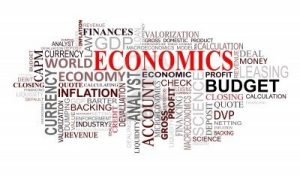 . Today, economic issueseconomics are drawing the attention of every citizen directly or indirectly. Further, the learning of Economics helps the student to participate effectively in economic and social affairs and to take intelligent decisions in day-to-day life. In the interests of our own survival and of the nation, there is no education more important than that which helps us to understand our economic problems and reflect on them.
. Today, economic issueseconomics are drawing the attention of every citizen directly or indirectly. Further, the learning of Economics helps the student to participate effectively in economic and social affairs and to take intelligent decisions in day-to-day life. In the interests of our own survival and of the nation, there is no education more important than that which helps us to understand our economic problems and reflect on them.
History
The word, history is derived from the Greek word ‘historic’, meaning 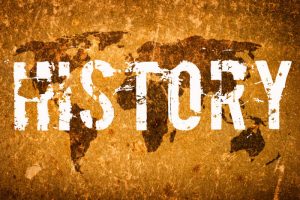 ‘inquiry’, learning by inquiry’, or ‘the result of an inquiry ‘(Kykkotis, 1957). Herodotus (484-425 B.C.), the ‘Father of History’, was the first person to write an organized account of Past events. It is an inquiry into the various developments that took place in the past and into the lives and works of the various individuals associated with those events. It is an inquiry into the inevitable changes in human affairs in the past and the ways these changes affect, influence or determine the patterns of life in1123676 the society. The teaching of history in institute bears the full brunt of both social influences and reforms. The aims and tasks, fundamental values, content and techniques underlying the study of history are all changing. The problems arising as time goes by cannot be resolved without corresponding changes in basic and further teacher training;
‘inquiry’, learning by inquiry’, or ‘the result of an inquiry ‘(Kykkotis, 1957). Herodotus (484-425 B.C.), the ‘Father of History’, was the first person to write an organized account of Past events. It is an inquiry into the various developments that took place in the past and into the lives and works of the various individuals associated with those events. It is an inquiry into the inevitable changes in human affairs in the past and the ways these changes affect, influence or determine the patterns of life in1123676 the society. The teaching of history in institute bears the full brunt of both social influences and reforms. The aims and tasks, fundamental values, content and techniques underlying the study of history are all changing. The problems arising as time goes by cannot be resolved without corresponding changes in basic and further teacher training;
Sociology
Sociology focuses on the systematic understanding of social interaction,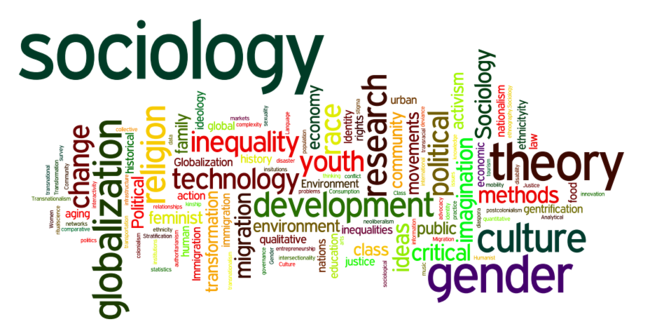 social organization, social institutions, and social change. Major themes in sociological thinking include the interplay between the individual and society, how society is both stable and changing, the causes and consequences of social inequality, and the social construction of human life. Understanding sociology helps discover and explain social patterns and see how such patterns change over time and in different settings. By making vivid the social basis of everyday life, sociology also develops critical thinking by revealing the social structures and processes that shape diverse forms of human life.
social organization, social institutions, and social change. Major themes in sociological thinking include the interplay between the individual and society, how society is both stable and changing, the causes and consequences of social inequality, and the social construction of human life. Understanding sociology helps discover and explain social patterns and see how such patterns change over time and in different settings. By making vivid the social basis of everyday life, sociology also develops critical thinking by revealing the social structures and processes that shape diverse forms of human life.
Political Science
The aim of teaching Political science is to provide a basic understanding of how the govt in India functions and compares our governance with those that exist in various other nations around the world.
The main objectives of teaching Political science are to :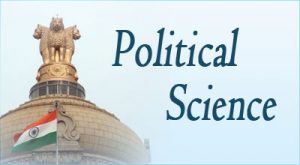
- Reflect a balance of local, national and global content.
- Reflect a balance of Past, Present and future content.
- Foster active learning and social interaction.
- Reflect a clean commitment to democratic beliefs and values.
- Foster the knowledge and appreciation of diversity.
- Foster the building of self esteem
- Incorporate thinking skills and interpersonal skills
- Stress and identification, understanding and solution of local, national and global problems.
- Provide many opportunities for students to learn and practice the basic skills of participation from Observation to Advocacy.
Accounts
- To familiarize the students with accounting as an information system

- To acquaint the students with basic concepts of accounting & accounting standards
- To develop the skills of using accounting equation in processing business transactions
- To develop an understanding about recording of business transactions and preparation of financial statements
- To enable the students with accounting for reconstitution & dissolution of partnership firms
- To familiarize students with the fundamentals of computerized system of accounting
Physics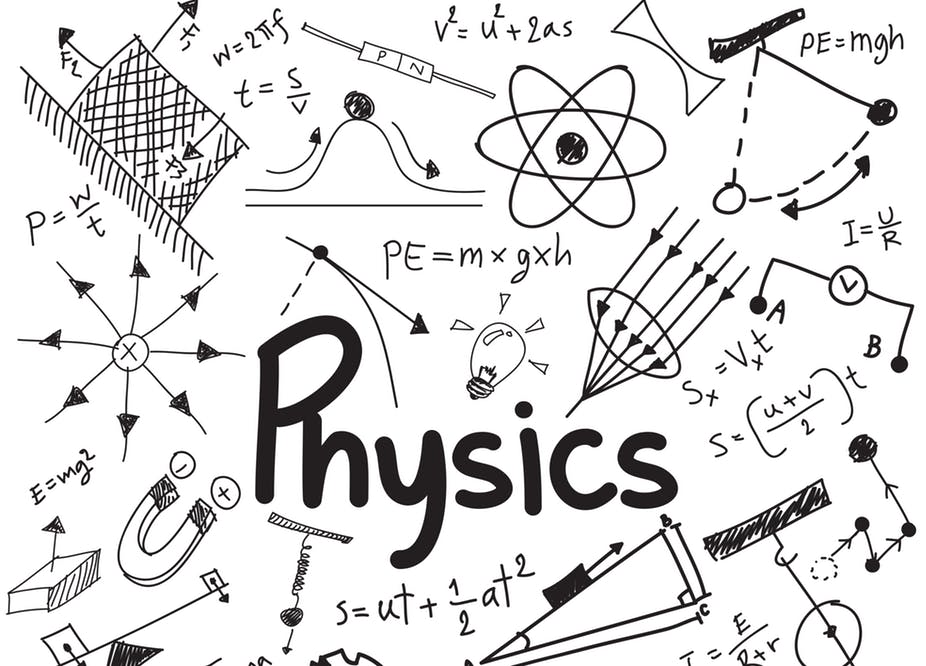
- Emphasis on basic conceptual understanding of the concepts
- Emphasis on use of SI units, symbols, nomenclature of physical quantities & formulations as per international standards
- Providing logical sequencing of units of the subject matter and proper placement of concepts with their linkages for better understanding.
- Promotion of process-skills, problem solving abilities and applications of Physics related

